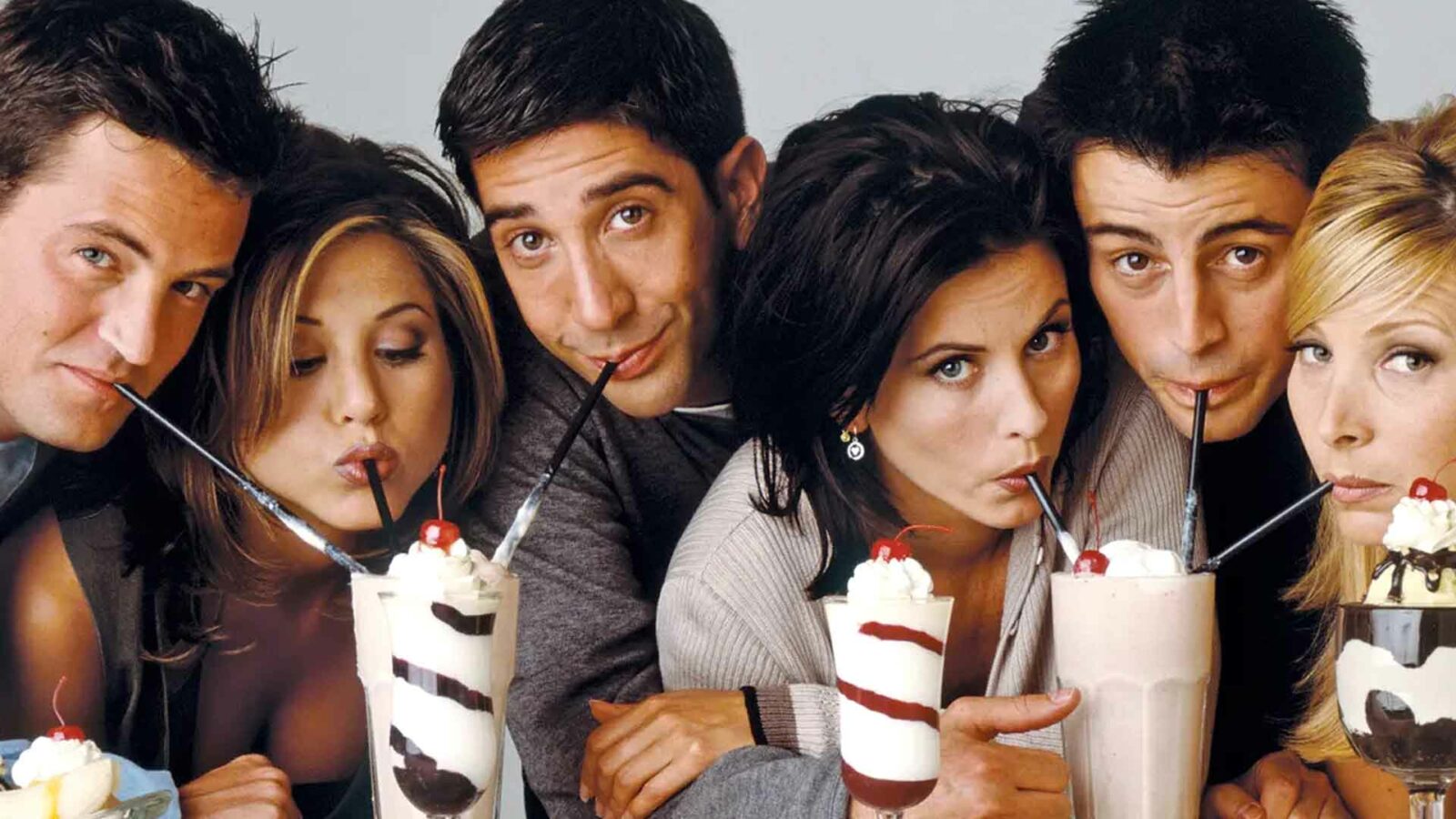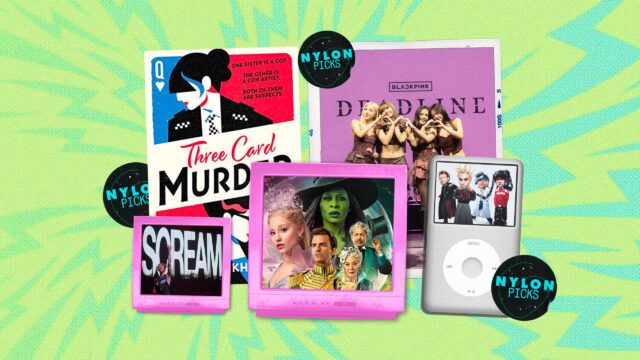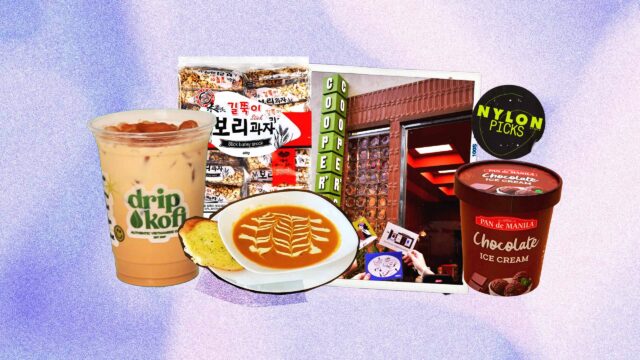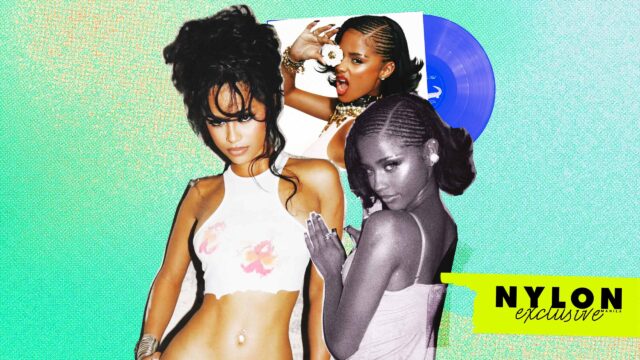As the conversation of the Friends reunion lingers, much like the hugs they exchanged in what seemed to be a look into an intimate reconnection, we discuss the power of nostalgia that made this all possible.
This isn’t a story about the surprisingly warm and winsome special that is the Friends Reunion. Well, at least not entirely.
After years of dodging the incessant badgering of will-they-or-won’t-they, you know, just as Ross and Rachel have tight-roped in the decade-long run of Friends, the cast of the beloved sitcom finally reunited. Unlike a remake, reboot or a revival, the Friends reunion was a coming together on their own terms. As if insulating us from our own expectations, evidenced by the bouts of uproar online prior to the premiere, the special was preceded by the concise prologue that read: “the six cast members of Friends have been in a room only once…until today.”
A literal walk down memory lane that was surprisingly far from being saccharine and sickeningly indulgent, the revisit built on what it has done best in the landscape of sitcoms and television—carefully balancing the charm and comedy and charging it with unsuspecting emotions. With its legendary ten-season tenure in the 90s and the turn of the new millennium, the magic was not at all lost. If not betrayed by their appearances, one would actually believe that no time had gone by between their finale and the Friends reunion that HBO Max has blessed us with. In fact, despite being obviously and understandably overcome with sentiment, David Schwimmer, Lisa Kudrow, Matt LeBlanc, Courtney Cox, Jennifer Aniston, and Matthew Perry are as sharp as they were, falling in and out of their nuances as their TV alter egos, Ross, Phoebe, Joey, Monica, Rachel, and Chandler.
Related: IT WAS SOMETHING ALL ALONG: HOW SITCOMS HELPED TELL THE STORY OF WANDAVISION
Finally, The Friends Reunion
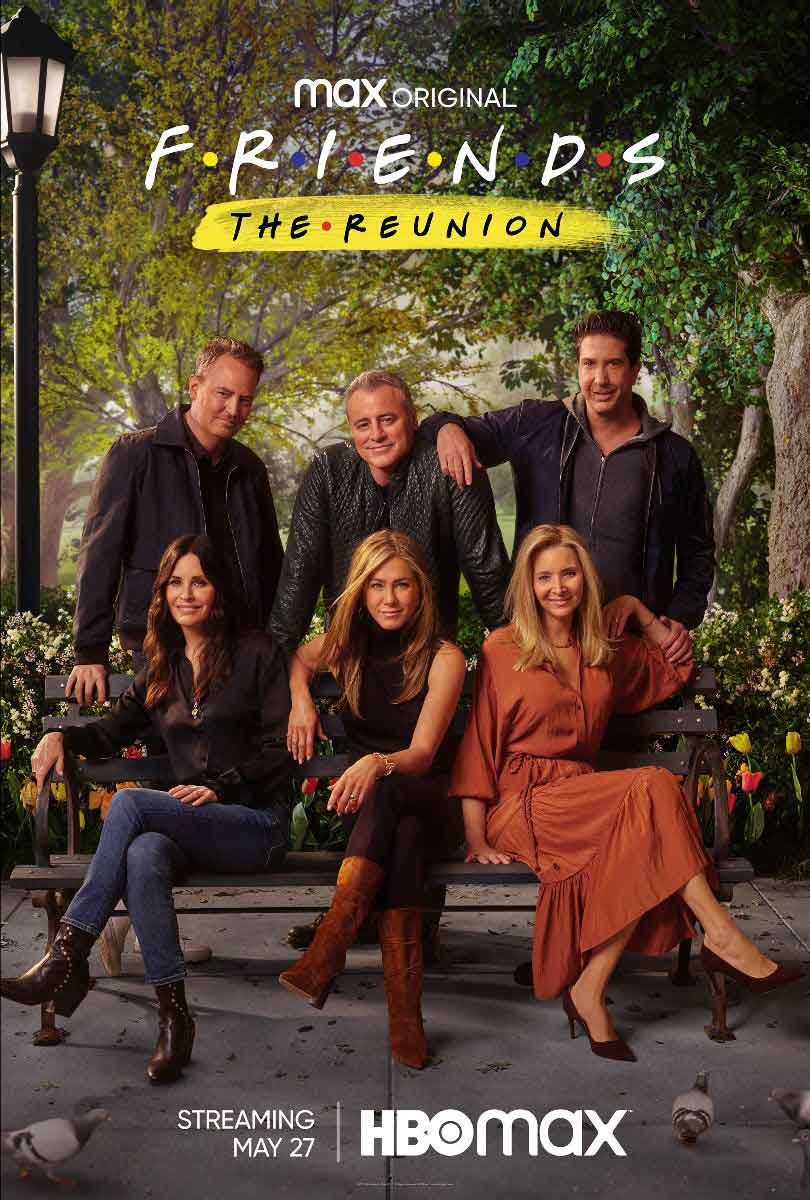
In its fragments of funny and feelings, the Friends reunion did not only take us back to that famous velvet couch of Central Perk in 1994 where the unique assemblage of acquaintances and relationships would eventually become each other’s chosen family, but it has reintroduced us to another friend that was there all along, in high-definition streaming glory, nostalgia.
There is no denying it, the Friends reunion was driven by the nostalgia of its loyal viewers, as well as of the many who have stumbled upon it in their many escapes and exhales amid the pandemic. Sure, it was an idea that was hammered down on the cast and creators for many years, a one-episode special or even a movie among many other ideas on the internet, but aside from the time not being right for each of them, there hasn’t been a time where longing for what once was has never been more pronounced, and dare we say, much-needed, than in this chapter of our collective lives. Yes, no one told us life was going to be this way, but just when it mattered, Friends was there for us.
Nostalgia will always be a big thing in pop culture, with the zeitgeist resurfacing every few years, orbiting from point of special interest to unparalleled phenomenon. However, over the past year, with a lot of time accorded to the admittedly privileged, the fixation over the past has unearthed among many things, long forgotten fashion trends, really good music, and the glory days of television.
Decoding The Past
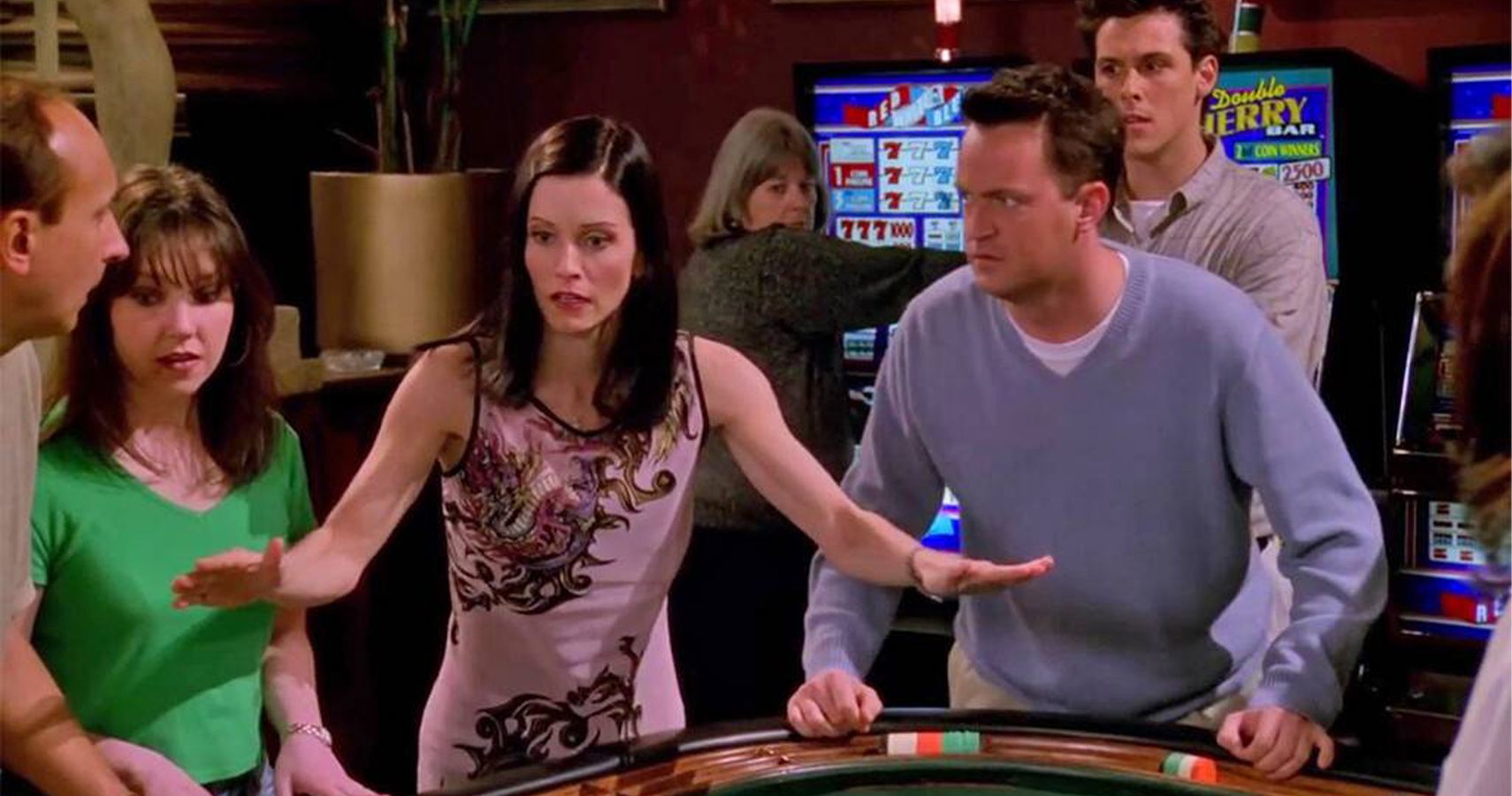
In a period plagued by dislocation, detachment, and depression, nostalgia has smothered us with a sense of comfort. From reconnecting with old friends or yet another virtual table read of the many signifiers of our childhood (Lizzie McGuire, The Nanny, Community, Fresh Prince of Bel-Air, Scott Pilgrim vs. The World, Mean Girls, Back To The Future), wallowing in memories was what made the endless days of fear, worry, and uncertainty a bit better.
“Nostalgia makes us a bit more human,” declares Dr. Constantine Sedikides, a Professor of Social and Personality Psychology and Director of the Centre For Research On Self Identity at the University of Southampton, in an interview with the New York Times. “Nostalgia made me feel that my life had roots and continuity. It made me feel good about myself and my relationships. It provided a texture to my life and gave me strength to move forward.”
Worn down by sadness, loss, and grief in different capacities, the easiest access to a sense of normal turned out to be nostalgia. Whether it be a penchant for the 80s filters on social media, playing old songs on repeat, or re-watching that warm and fuzzy rom-com or sitcom, this perceived cheeriness of a time gone by, are anchors of the existential sort. “It brings to mind cherished experiences that assure us we are valued people who have meaningful lives,” explains Dr. Clay Routledge in the same dialogue. “Some of our research shows that people who regularly engage in nostalgia are better at coping with concerns about death.”
The Responsibility of Nostalgia
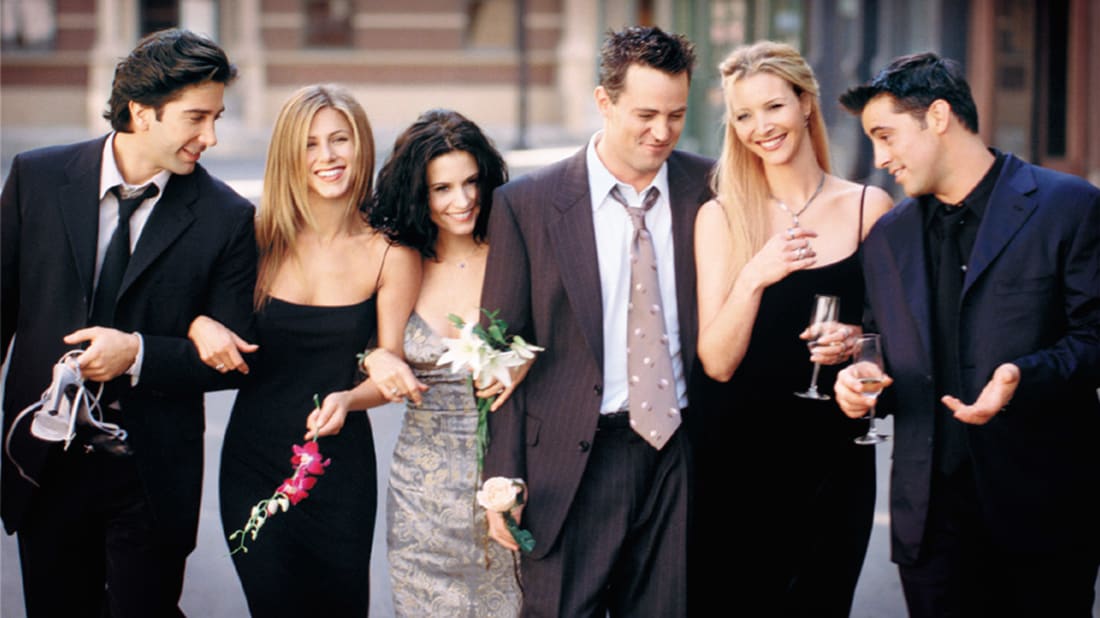
While speaking in extremes, the affinity for nostalgia can easily be parlayed into many matters of melancholy, which has been made clear as both reflective and restorative. So, that feeling of familiar while watching Disney films for the nth time or reminiscing all the good, the bad, and the jokes that didn’t age well in the Friends reunion? There’s more to it than just the laughs.
“Nostalgia can have many positive effects: It increases a sense of social connectedness, it boosts self-esteem, it imbues life with meaning, it fosters a sense of continuity across time,” says Tim Wildschut, associate professor at the University of Southampton in Grazia. There is something inherently satisfying about the subversion of these sentimental imprints of a bygone era. An emotional tug as they inherently are, it also functions as an interrogation of introspection that is refreshing revealing with what is hopefully more distilled and grown-up.
It’s a lot less of being stubborn and stuck in the past, but more harnessing a shred of affiliation and assurance, especially when everything else around is seemingly more uncertain. “Nostalgia can be a poetic creation, an individual mechanism of survival, a countercultural practice, a poison, and a cure, says the late playwright and novelist, Svetlana Boym. “It is up to us to take responsibility of our nostalgia and not let others ‘prefabricate’ it for us.”
No Mere Child’s Play
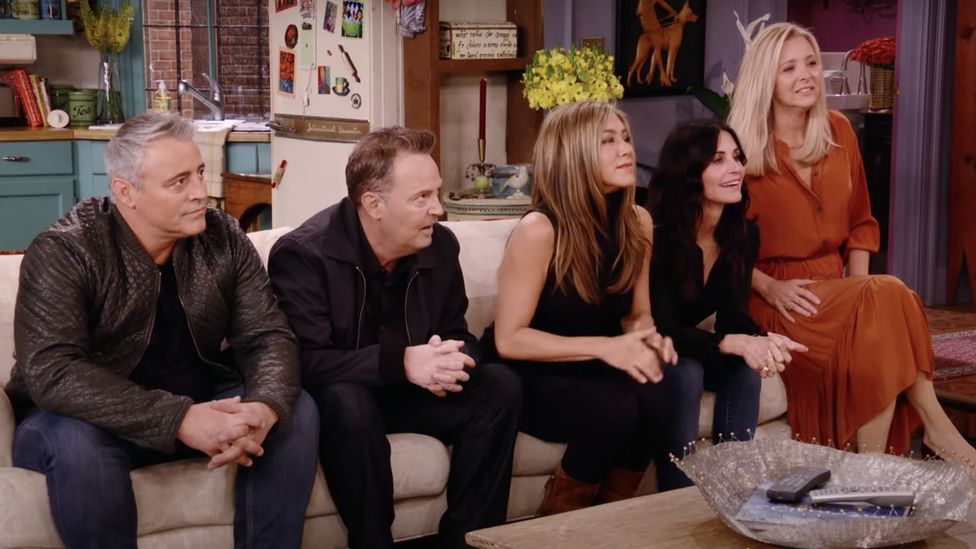
Perhaps not surprisingly, the exercise of the personal and of passion that is nostalgia can be divisive, with many dismissing it as mere child’s play or inappropriate for the times. An issue of perception and reception, the conduits of pop culture will differ as a matter of preference, but the fact still remains: we all subscribe to some form of nostalgia. Yes, even to the most future-obsessed. This isn’t a matter of not being able to let go, but rather a recurrence of a deep-seated connection that refreshes when necessary.
There’s a reason why retrospectives or extensions of what used to color our world as young’uns prove to be a source of marketing and commercial success. It isn’t always critically well-received, but hey, nostalgia isn’t meant for everyone. But despite a constant antagonizing, whether it be whining about the Sex and the City reboot or gatekeeping every remix, remake, and reissue, the fact is, it works because there lies an emotional investment. So, if you want to play the discography of Britney Spears, dress up like your favorite Y2K starlet, then by all means, go ahead.
The point is, nostalgia can exist and even thrive in the present. It is this constant yearning for the yesteryears and the clamor for change that has informed and inspired many generations, more so now. And this couldn’t have been made clearer than in the Friends reunion special. Instead of being swayed by the desire to bring back their fictional selves to life, they simply came together and reminisced about their time together, framing the entire thing as if we were eavesdropping in quite the intimate conversation among friends. The wonder was still there, but this time with a lot more wisdom laced in their laughter and lingering hugs.
I’ll Be There For You
With nostalgia more than underscored in the nearly two-hour run of the Friends reunion, the question everyone has asked and still asks gets thrown to the crew of six: Will they be open to something more down the line?
“I once heard them say, and I completely agree, that they ended the show very nicely. Everyone’s lives are very nice and they would have to unravel all those good things in order for there to be stories,” says Lisa Kudrow, referring to the firm headspace of creators David Crane and Marta Kauffman. “Yeah, I don’t want everyone’s happy ending unraveled.”
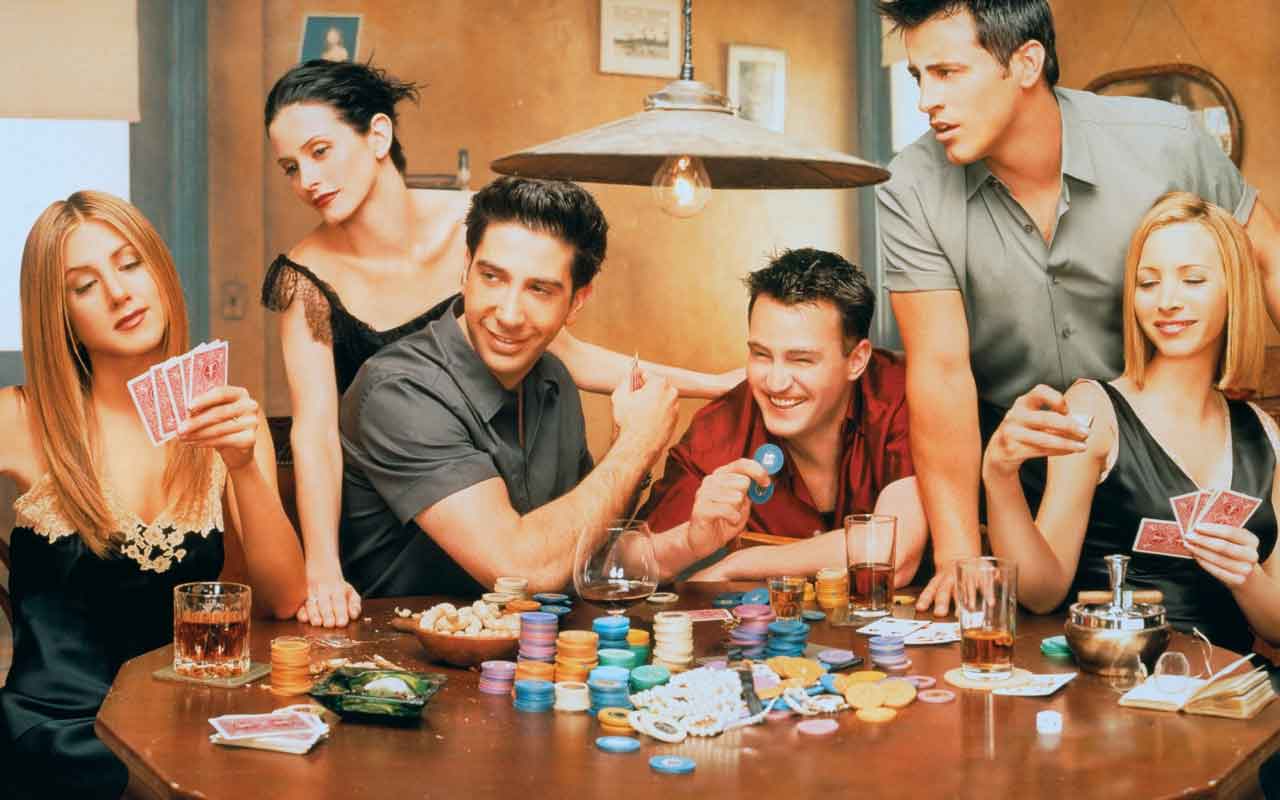
Everyone seems to agree, and just as the Friends reunion has finally become a reality, it seems about right. For what it’s worth, the yank in the string of stories that make up the lives of Ross, Rachel, Monica, Chandler, Joey, and Phoebe was all that we needed and more, especially when it hasn’t been our day, our week, our month or even our year. But you know what? Even after all this, you know they will be there for you.
See, nostalgia isn’t a bad thing.
CONTINUE READING: IN NEED OF LAUGHTER? THESE COMEDY SHOWS ARE TOTALLY WORTH A REVISIT TO CURB ANXIETY
